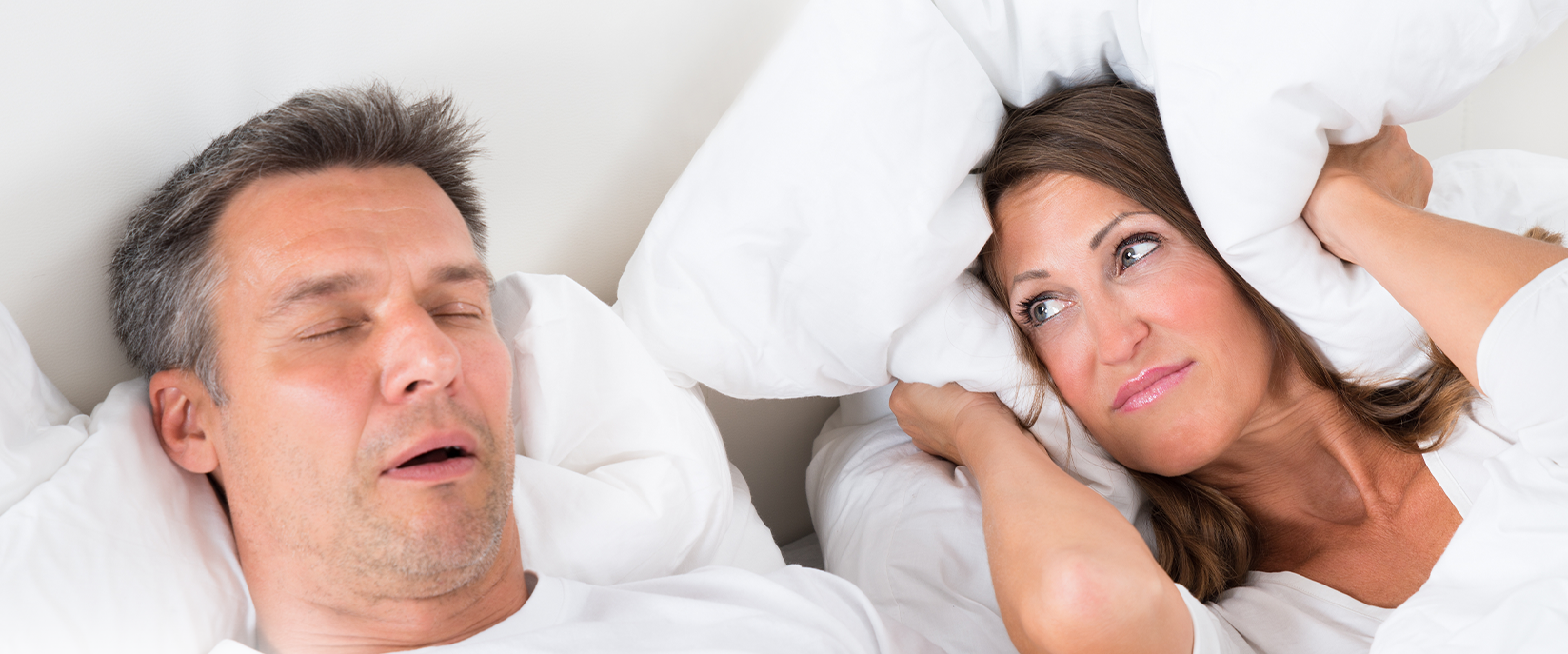Sleep Apnea and Aging: How It Affects Seniors and Their Quality of Life
Posted On: October 27, 2023 by CarePro Health Services in: CPAP Sleep Apnea

Sleep is an essential part of our lives at any age and as we get older it becomes even more important. Sleep apnea can have a significant impact on the amount of sleep and quality of sleep you get each night. While sleep apnea can affect individuals of all ages, the risk of developing sleep apnea increases as you age. In today’s blog, we will discuss how sleep apnea and aging are correlated and how it affects seniors in their daily lives.
Defining Sleep Apnea
Sleep apnea is an extremely common breathing-related sleep disorder. With sleep apnea, breathing repeatedly stops and starts throughout the night, affecting your quality of sleep, which can lead to serious health problems. There are two main types of sleep apnea; obstructive sleep apnea (OSA) and central sleep apnea (CSA).
Why Seniors Have a Higher Risk of Developing Sleep Apnea
There are a few key factors as to why seniors have an increased risk of developing sleep apnea. One of those factors is muscle weakness. With aging comes weakness of muscles including ones you might not think about like the ones in your airways. With weakened muscles, you are more susceptible to a collapsible airway, increasing your risk of developing sleep apnea. Another key factor is weight gain. Age-related weight gain can increase your risk of developing sleep apnea because of the extra tissue around your airways.
Common Sleep Apnea Symptoms in Seniors
The most common sleep apnea symptoms to watch out for are:
- Morning headaches
- Loud snoring
- Excessive daytime sleepiness
- Waking up gasping for air
- Moodiness or irritability
How Seniors Are Impacted by Sleep Apnea
If sleep apnea is left untreated, it can lead to serious medical problems, especially in seniors. Untreated sleep apnea can lead to an increased risk of stroke, heart disease, high blood pressure, and more. It can also impair your memory and increase your risk of falling. Lack of sleep due to sleep apnea can cause a plethora of physical and mental health problems, negatively impacting your quality of life.
How Sleep Apnea Is Treated
Sleep apnea is most commonly treated with CPAP (Continuous Positive Airway Pressure) therapy. With CPAP therapy, a CPAP machine is used to deliver pressurized air to keep the individual’s airway open throughout the night. CPAP therapy has many benefits including improved sleep quality, reduced risk of developing health problems, improved quality of life, and more.
Overall, sleep apnea can have a significant impact on seniors and their quality of life. To help combat this impact there are treatments available like CPAP therapy. At CarePro Home Medical and Kelly’s Home Medical, we provide reliable and effective CPAP equipment including CPAP machines, CPAP masks, and CPAP accessories that can help you reduce your sleep apnea symptoms. View our entire product catalog on our website or contact us for more information!

0 comments